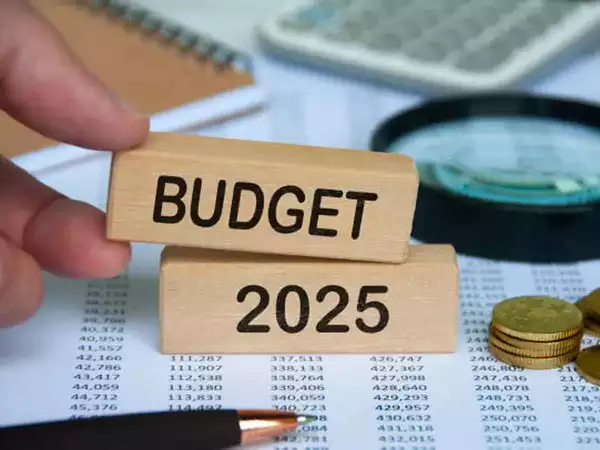ISLAMABAD – The federal government is weighing a substantial increase in taxes—up to 50%—on various food and beverage items in the upcoming Budget 2025–26, sources in the Federal Board of Revenue (FBR) confirmed on Monday.
The move comes amid growing pressure from the International Monetary Fund (IMF), which continues to urge Islamabad to expand its tax base and cut fiscal deficits as part of the ongoing loan programme.
Sweetened Beverages in Focus
One of the major proposals under review includes raising the federal excise duty (FED) on sweetened beverages. The duty on soft drinks, juices, and carbonated sodas could be increased from 20% to 40%, sources said.
The revised taxation would also apply to drinks containing artificial sweeteners or flavoring agents. Items like syrups, squashes, and fruit-pulp-based soda water would also fall under this tax net.
Processed Dairy and Meat Products Targeted
Additionally, the government is considering a new 20% tax on industrially manufactured dairy-based products, including processed and packaged milk items sold for commercial purposes.
Meat products such as sausages, and salted, dried, or smoked meats are also likely to become more expensive under the new tax proposals.
Bakery and Packaged Foods to See Steep Increases
A wide range of processed foods are expected to be affected by the proposed tax hike, with potential increases reaching up to 50% over the next three years. These include:
- Chocolates, candy, caramels
- Chewing gum
- Pastries, biscuits, and cornflakes
- Other cereal-based snacks
- Bakery items
Taxes on Desserts and Fat-Based Products
The list also includes various desserts and fat-rich products such as:
- Ice cream
- Flavored and sweetened yogurt
- Frozen desserts
- Items made from animal or vegetable fats
Gradual Implementation Planned
Officials have indicated that these tax hikes may be rolled out in phases, with gradual increases aimed at softening the economic impact while still achieving the revenue goals.
Health and Revenue — A Dual Justification
Government officials argue that the move is not only intended to meet fiscal targets but also to discourage excessive consumption of sugary and unhealthy food, aligning with broader public health objectives.
However, industry stakeholders have voiced strong concerns. Representatives from the food and beverage sector caution that these tax hikes could lead to reduced production, job losses, and higher inflation, putting additional strain on already burdened households.
Final Decision Expected in June
The full details and implementation plan will be laid out in the federal budget for FY2025–26, which is expected to be presented in June. Until then, discussions are ongoing within the Ministry of Finance and the FBR as they finalize proposals under IMF guidance.










